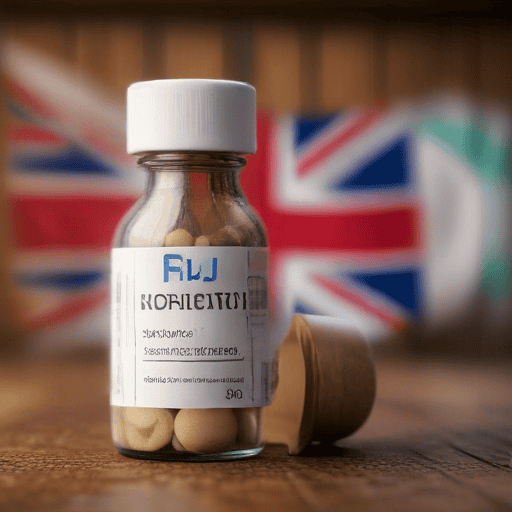The Ministry of Health is actively addressing the significant shortage of HIV medications in the country. In response to growing concerns, the ministry has indicated that it is diligently monitoring the distribution of crucial Human Immunodeficiency Virus (HIV) medications, particularly Antiretroviral (ARV) drugs, which are essential for the treatment of individuals living with HIV.
Antiretroviral Therapy (ART) is key to preventing the replication of the virus and protecting CD4 cells, which play a crucial role in maintaining a healthy immune system. The ministry is collaborating with global partners, utilizing the United Nations Development Programme (UNDP) framework to secure additional supplies needed to meet the demands of patients.
An agreement with suppliers has already been established, and there is optimism for new shipments to arrive by the end of the month, despite the ongoing concerns surrounding the current shortage. In the meantime, individuals living with HIV are receiving alternative medication regimens designed to last for one month, highlighting the ministry’s commitment to ensuring treatment continuity.
The medication shortage arises amid an ongoing challenge with HIV prevalence in Fiji, particularly affecting the indigenous iTaukei population. Recent presentations from the World Health Organization indicated that 89 percent of individuals living with HIV in the country are iTaukei, while Fijians of Indian descent and other ethnic groups account for nine and two percent, respectively.
The presentation, delivered by WHO officer Joeli Colati, also pointed out disparities in access to HIV testing among different ethnic groups. While iTaukei individuals frequently seek testing through public healthcare facilities, which contribute to national health data, Fijians of Indian descent and others often prefer private testing. This results in a lack of comprehensive reporting to public health systems, complicating tracking efforts for the HIV epidemic.
This proactive approach by the Ministry of Health and the engagement with global partners suggest a commitment to adequately address the needs of those affected by HIV in Fiji. They are not only working towards replenishing medication supplies but also striving for better data collection and accessibility to ensure all communities receive the care they need. Moving forward, these efforts may enhance both treatment adherence and public health outcomes.
In summary, while challenges remain in addressing HIV medication shortages in Fiji, the government and health authorities are making strides towards securing essential therapies and improving access to testing, particularly among vulnerable populations. This collaborative effort emphasizes the importance of community health and aims to foster a more equitable healthcare environment for all individuals affected by HIV.

Leave a comment